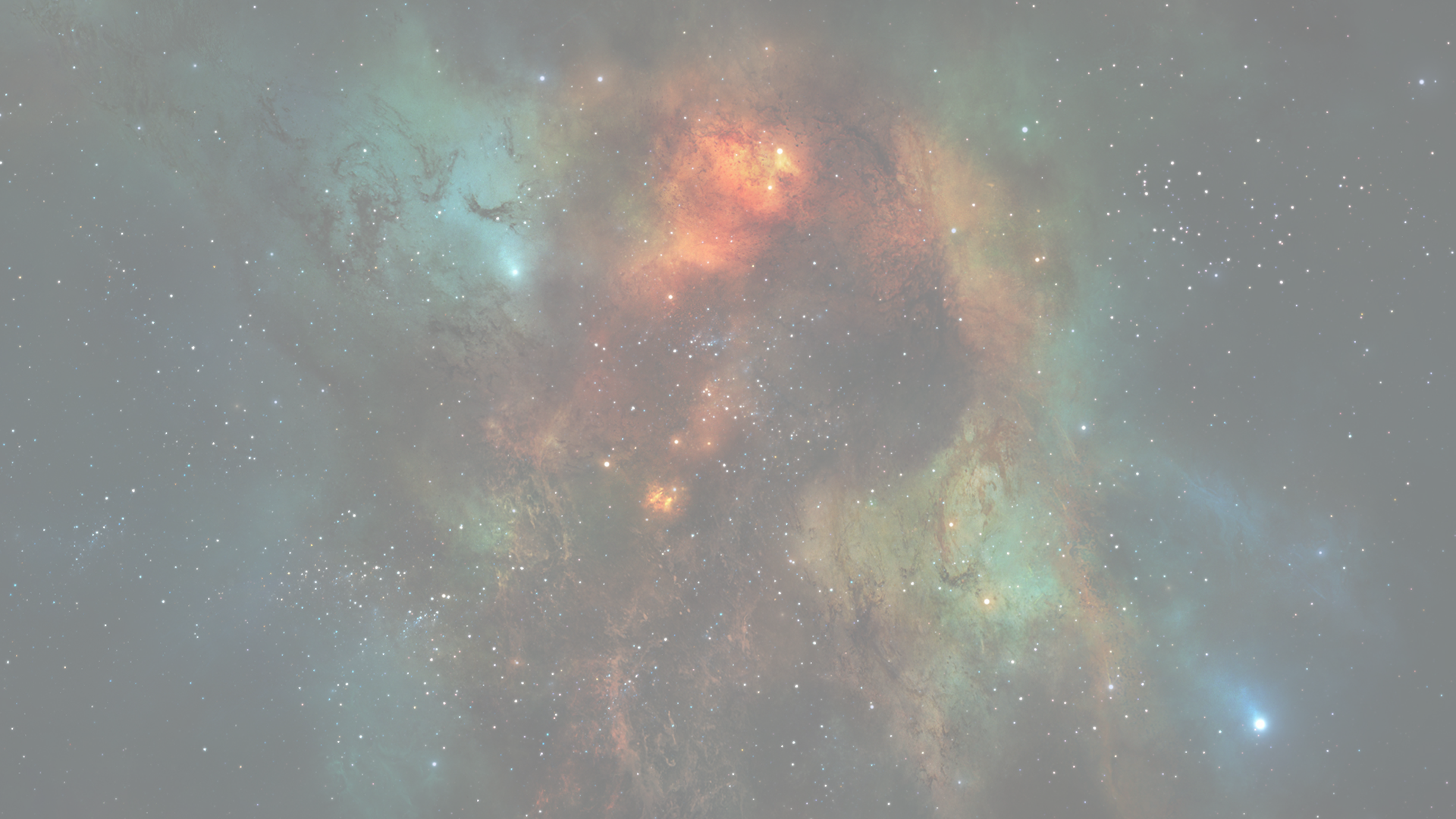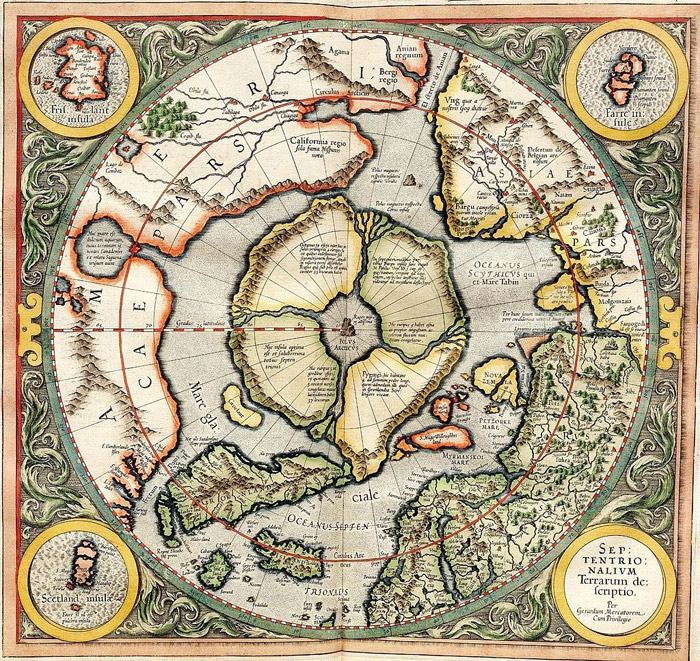


Rough Notes:
Over 11,000 years ago there existed an island nation located in the middle of the Atlantic ocean populated by a noble and powerful race. The people of this land possessed great wealth thanks to the natural resources found throughout their island. The island was a center for trade and commerce. The rulers of this land held sway over the people and land of their own island and well into Europe and Africa.
This was the island of Atlantis.
Atlantis was the domain of Poseidon, god of the sea. When Poseidon fell in love with a mortal woman, Cleito, he created a dwelling at the top of a hill near the middle of the island and surrounded the dwelling with rings of water and land to protect her.
Cleito gave birth to five sets of twin boys who became the first rulers of Atlantis. The island was divided among the brothers with the eldest, Atlas, first King of Atlantis, being given control over the central hill and surrounding areas.
At the top of the central hill, a temple was built to honor Poseidon which housed a giant gold statue of Poseidon riding a chariot pulled by winged horses. It was here that the rulers of Atlantis would come to discuss laws, pass judgments, and pay tribute to Poseidon..
To facilitate travel and trade, a water canal was cut through of the rings of land and water running south for 5.5 miles (~9 km) to the sea.
The city of Atlantis sat just outside the outer ring of water and spread across the plain covering a circle of 11 miles (1.7 km). This was a densely populated area where the majority of the population lived.
Beyond the city lay a fertile plain 330 miles (530 km) long and 110 miles (190 km) wide surrounded by another canal used to collect water from the rivers and streams of the mountains. The climate was such that two harvests were possible each year. One in the winter fed by the rains and one in the summer fed by irrigation from the canal.
Surrounding the plain to the north were mountains which soared to the skies. Villages, lakes, rivers, and meadows dotted the mountains.
Besides the harvests, the island provided all kinds of herbs, fruits, and nuts. An abundance of animals, including elephants, roamed the island.
For generations the Atlanteans lived simple, virtuous lives. But slowly they began to change. Greed and power began to corrupt them. When Zeus saw the immorality of the Atlanteans he gathered the other gods to determine a suitable punishment.
Soon, in one violent surge it was gone. The island of Atlantis, its people, and its memory were swallowed by the sea.
This is a summary of the story told by Plato around 360 BC in his dialogues Timaeus and Critias. These writings of Plato are the only specific known references to Atlantis. They have prompted controversy and debate for over two thousand years.